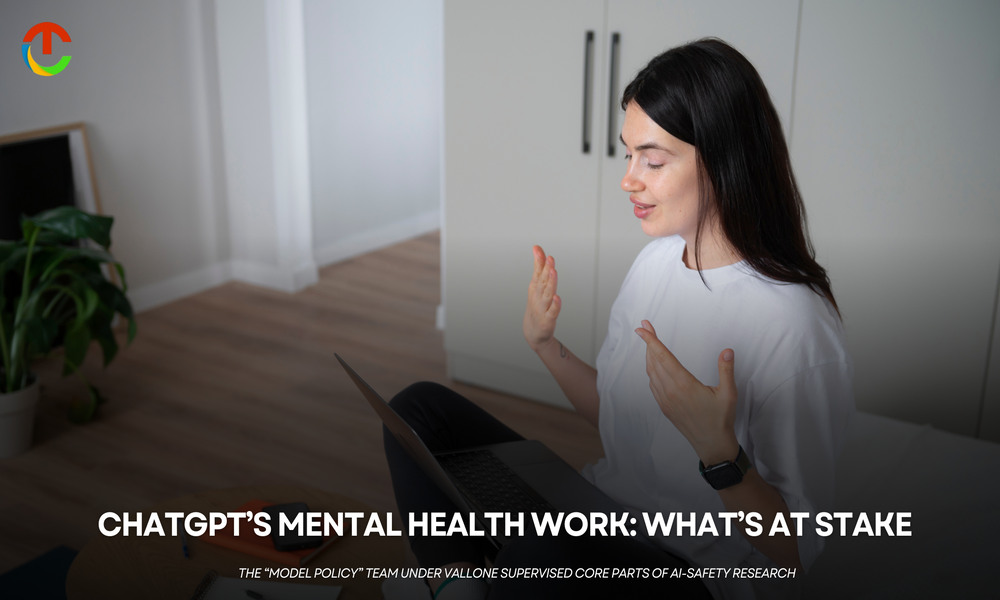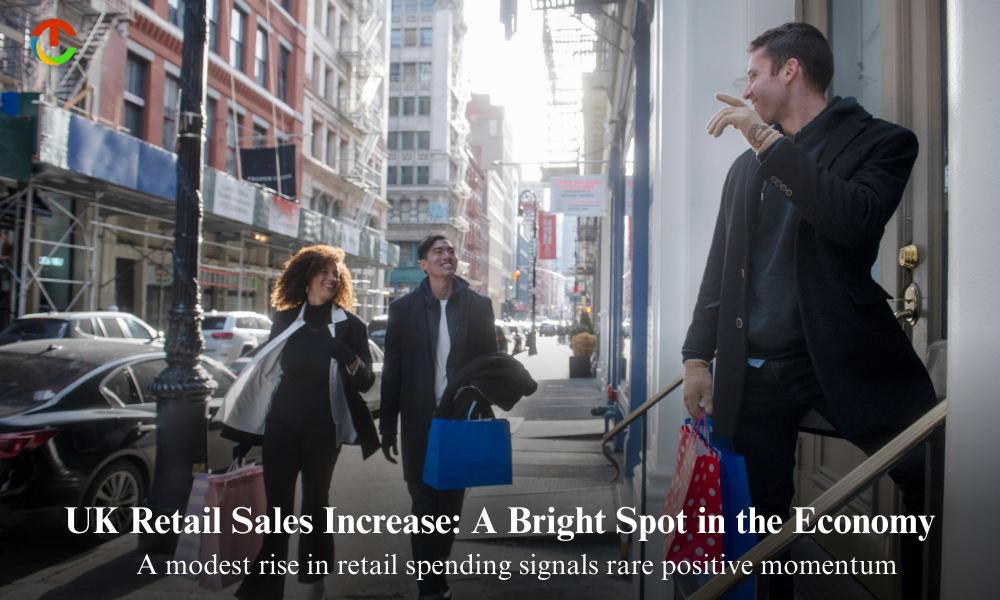The senior research leader who helped shape how ChatGPT responds to users in emotional distress is stepping away from OpenAI. This departure marks a significant shift inside the company at a time when AI mental-health safety is under intense public scrutiny.
The leader, who guided the “model policy” team responsible for crisis-response behaviors, will exit at the end of the year. Until a successor is found, the team will temporarily report to OpenAI’s head of safety systems.
This team played a critical role in defining how ChatGPT interacts with people facing depression, anxiety, or moments of personal crisis. Their work focused on ensuring the AI can respond with empathy while avoiding any behavior that resembles professional mental health advice.
ChatGPT’s Mental Health Work
Over the past year, this team developed guidelines meant to protect users who might rely on ChatGPT during vulnerable moments. Their mission was to minimize harmful or insensitive replies, especially when a user expresses hopelessness or emotional overload.
Recent internal reports suggested strong progress. Undesirable or risky responses dropped dramatically after updates to newer model versions. These improvements came from extensive research, careful testing, and collaboration with mental health experts.
However, the departure of the person who led all this progress raises obvious questions: Will OpenAI maintain the same level of commitment? Will the new leadership continue strengthening the emotional-safety framework? And what happens next for an AI tool that millions use daily?
Why This Exit Matters
The outgoing research lead publicly described her work as “building a foundation where none existed.” She and her team had to navigate uncharted territory. No established playbook explains how an AI model should respond to emotional dependency, panic, or early signs of psychological decline.
This work required a balance between empathy and caution. AI can offer comfort through words, but it must never act as a replacement for professional help. That balance is delicate, and changes in leadership could influence how future versions of ChatGPT handle mental-health-related interactions.
Concerns are also rising because of multiple legal cases alleging that AI responses may have negatively affected some users’ mental health. With these issues gaining media attention, the stability of OpenAI’s safety teams becomes even more crucial.
A Turning Point for AI Safety
The departure arrives during a critical moment for the AI industry. Millions of people turn to chatbots for emotional reassurance sometimes without realizing it. This makes strong safety guidelines more important than ever.
Researchers consistently warn that AI still struggles with complex emotional cues. Even with improvements, no model fully meets the standards expected in mental-health care. Tools like ChatGPT can support users, but they cannot understand context the way humans do.
Because of this, the responsibility placed on teams like the one now in transition is extremely high. Their decisions directly shape how safely AI interacts with people experiencing emotional difficulty.
As OpenAI grows and deploys more advanced systems worldwide, the departure of the leader behind ChatGPT’s mental health safeguards becomes a defining moment. The next chapter depends on who steps into the role and how committed they are to protecting user well-being while advancing the future of AI.
Also read the exclusive interview with Aisha Ali









